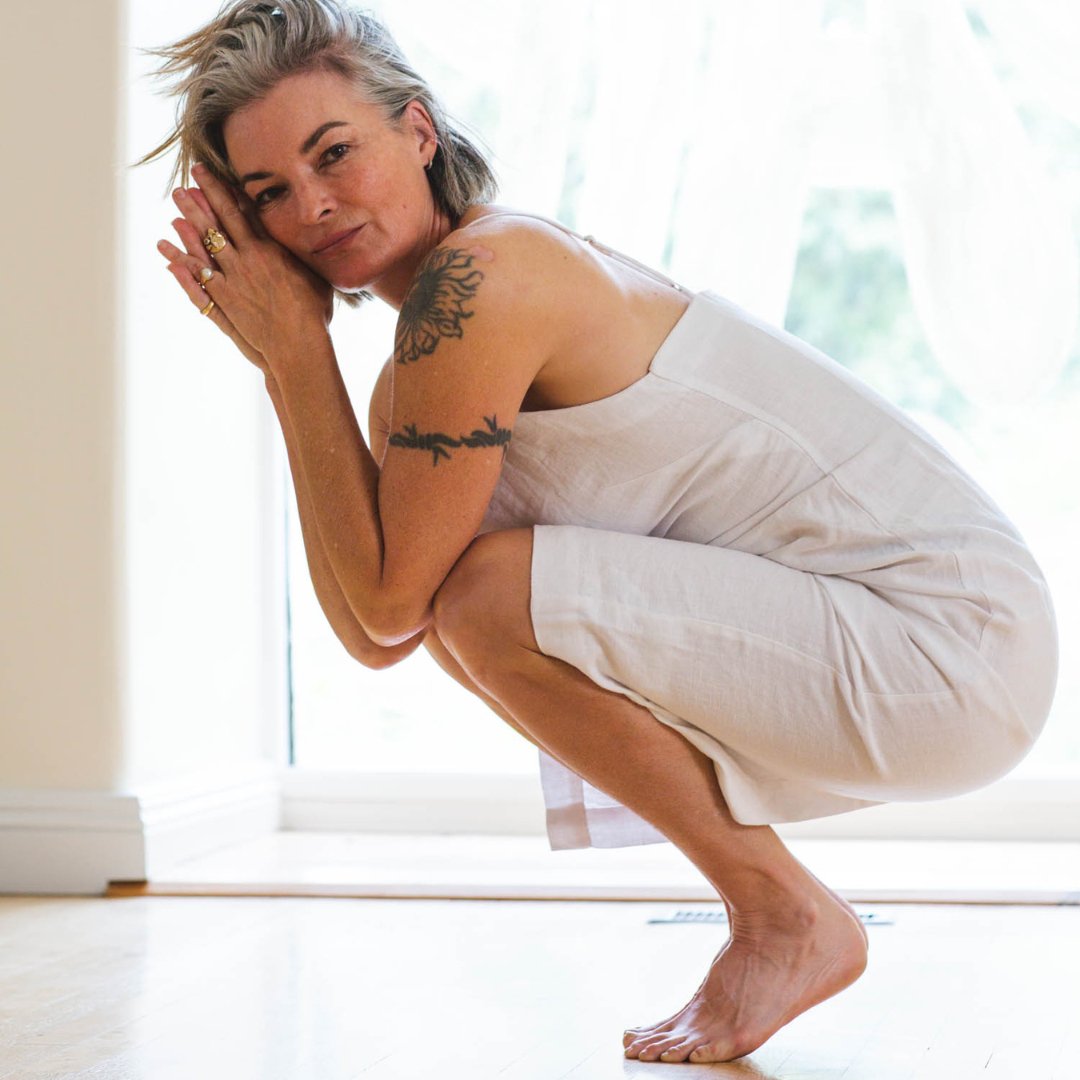The Why
As women enter menopause, estrogen levels drop, which can have a profound effect on the body. Estrogen is a natural anti-inflammatory hormone that helps protect your joints. When levels plummet, inflammation can rise, leading to joint pain, stiffness, and even swelling. It’s no wonder so many women start experiencing aches and pains that they never had before.
At the same time, hormonal changes can slow down your metabolism. You may notice that, seemingly overnight, your clothes don’t fit the same way or that you're gaining weight, particularly around your midsection. This sudden weight gain can put additional stress on your joints, creating a vicious cycle of pain and discomfort.
Just me? Or do you relate?
My Journey Through Menopause and Inflammation
I know this cycle all too well. In January 2023, in the midst of menopause, I had knee surgery. After the surgery, I gained about 10 pounds seemingly overnight, and the joint pain that followed was overwhelming. It wasn’t just in my knee—the inflammation affected my whole body in a way I had never experienced before.
I did my best to slow down and get curious about what was happening inside my body. I took the time to understand the connection between my surgery, menopause, and the inflammation. I had to find a way to get back to basics.
How I Took Control of My Health
To manage the pain and get back to feeling like myself, I started by cleaning up my diet. I realized that my late-night sugar snacks were only adding to the inflammation, so I cut them out for good. Instead, I added a protein smoothie into my routine every morning. I used my XO Jacqui protein, which is designed to be easy on the body and free from sugar. Here’s my favorite recipe:
XO Jacqui Morning Smoothie Recipe:
- 1 scoop XO Jacqui Vanilla Greens or Daughter's Blend
- 1 cup unsweetened almond milk
- ½ frozen banana
- 1 handful of spinach
- 1 tablespoon almond butter
- Ice cubes (optional)
Blend everything together until smooth and enjoy!
I also started walking daily, even if it was slow at first because of my knee recovery. The goal was to calm my system down and let my body heal.
It felt like progress was slow, but when I look back now, I realize it happened pretty quickly. Within a few weeks, the joint pain subsided, the weight came off, and I started feeling like my self again.
Two Years Later: Stability and Embracing Post-Menopause
Now, almost two years post-menopause, I feel like a new person. My weight is stable, my mind is clear, and I’m sugar-free. I’ve embraced aging with a curious mindset, paying attention to how my body feels and responding with care. It’s all about making the right choices consistently and staying kind to myself during the process.
What You Can Do to Alleviate Joint Pain and Weight Gain
If you're in the midst of menopause and struggling with joint pain and weight gain, know that you're not alone—and there are steps you can take to feel better:
- Clean up your diet: Focus on whole foods, avoid processed sugars, and incorporate plenty of fruits and vegetables to reduce inflammation.
- Add protein: Protein is essential for muscle maintenance and recovery, especially in menopause. Try incorporating a protein smoothie into your daily routine like I did.
- Move gently: Even if you're in pain, gentle movement like walking or stretching can make a big difference in reducing inflammation and supporting joint health.
- Stay curious: Pay attention to your body and how it responds to different foods, activities, and stressors. Adjust as needed and be patient with yourself.
By making small, intentional changes, you can break the cycle of joint pain and weight gain, and come out the other side feeling better than ever.
